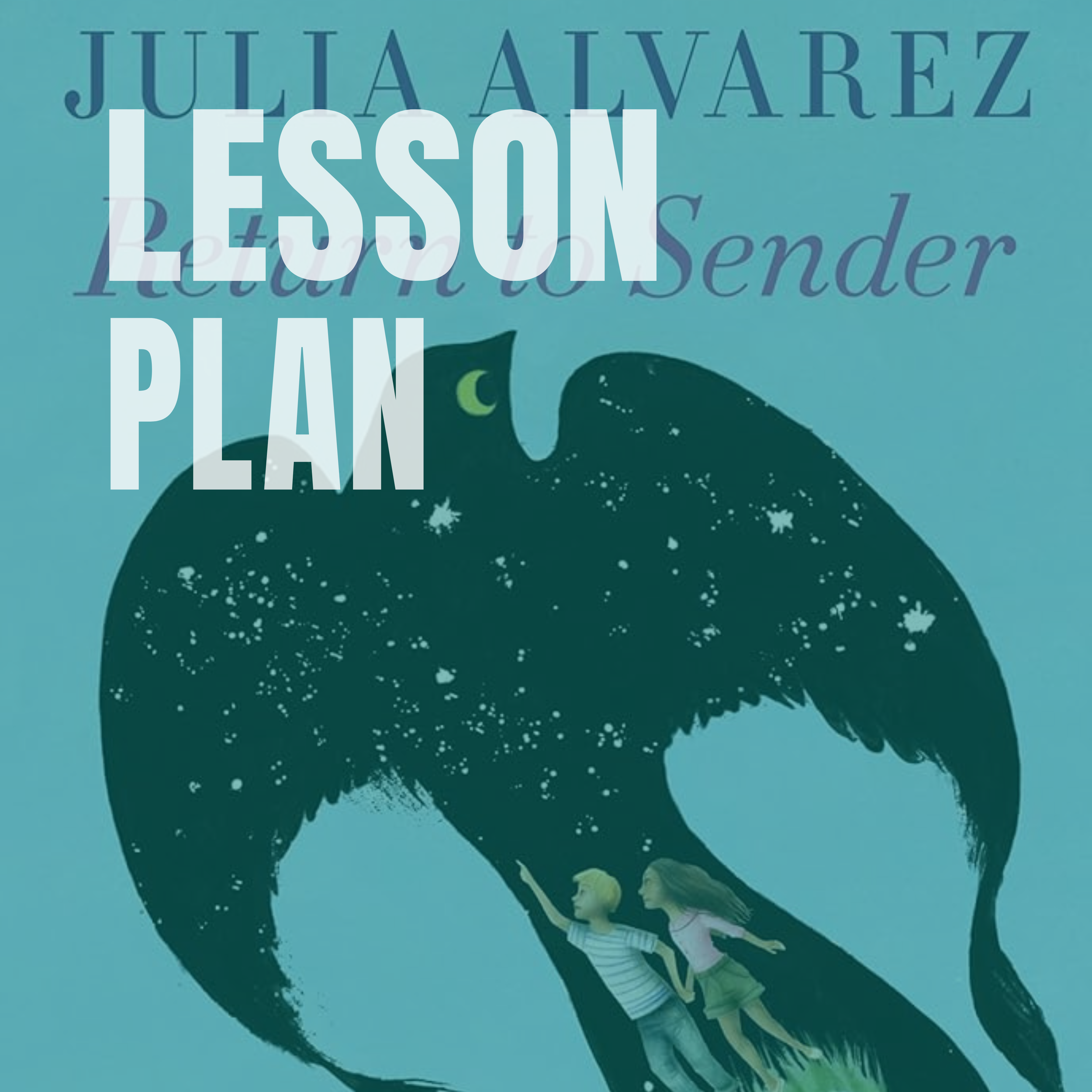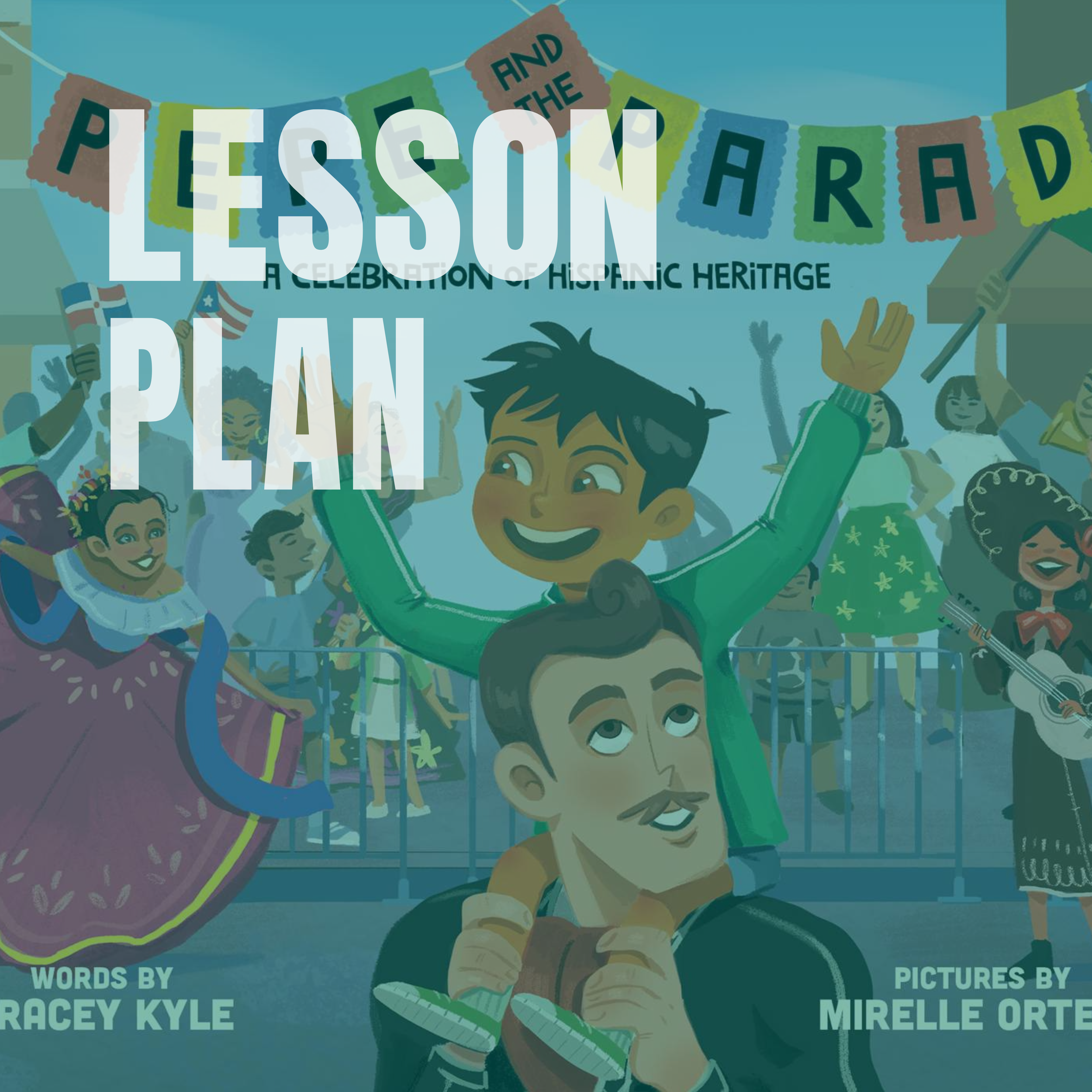
Lesson Plans for Every Classroom
What are you looking for today?

Fry Bread and Family Heritage
In this lesson, students will explore the richness and diversity of Indigenous peoples through the award-winning picture book Fry Bread: A Native American Family Story by Kevin Noble Maillard. Through a read-aloud, guided discussion, and hands-on cultural exploration activity, students will learn how food can tell stories, preserve traditions, and connect generations.

Mascots, Meaning, and Misrepresentation
In this lesson, students will explore identity, cultural respect, and representation by reading excerpts from Mascot, a novel-in-verse by Charles Waters and Traci Sorell. This story follows a group of middle school students as they confront the controversy over their school’s Native-themed mascot. Students will engage in a discussion about symbols, allyship, and how to advocate for respectful representation of Native/Indigenous communities.

Buried Stories
This lesson introduces students to the history of Native American boarding schools in the United States to build essential background knowledge before reading Two Roads by Joseph Bruchac. Students will examine the government's motives for assimilation policies, how Indigenous children were taken or sent to these schools, and the long-term effects on Indigenous communities and identity.

Voices of Heritage: Exploring Identity Through Poetry and Prose
This lesson uses the book Yes! We Are Latinos, a powerful collection of poems and prose, to explore the richness and diversity of the Latino experience in the United States. Students will examine stories of identity, heritage, struggle, and pride as shared by fictionalized Latino characters representing various cultural backgrounds. As part of Hispanic Heritage Month, this lesson helps students develop a deeper understanding of how culture shapes identity and encourages them to reflect on their own voices and experiences. Students will create personal identity poems or artistic responses inspired by the voices in the text.

Borders, Belonging, and Brave Voices
In this lesson, students will either read some excerpts from Return to Sender by Julia Alvarez or the entire book, to examine the complexities of immigration, family separation, cultural identity, and friendship. Students will participate in thoughtful discussion, reflect on personal values and cultural backgrounds, and write a creative letter from the perspective of one of the characters.

Parading with Pepe: A Peek into Hispanic Pride
This lesson uses the picture book Pepe and the Parade to help young learners explore Hispanic Heritage Month. Through read-aloud, discussion, and creative expression, students will discover traditions, reflect on identity, and celebrate culture.

Freedom, Facts, and the Fight for Fairness: Understanding Juneteenth through Literature
This lesson introduces elementary students to the meaning and importance of Juneteenth using the picture book Juneteenth for Mazie by Floyd Cooper. Through read-aloud, discussion, and creative activities, students will explore the themes of freedom, justice, remembrance, and celebration.

Voices in Danger: Free Speech, Activism, and the Threat of Deportation
Over the past several months, the current U.S. government began cracking down on foreign college and graduate students and faculty who have voiced support for specific political causes. Colleges and universities across the country are seeing students and faculty either arrested by Immigration and Customs Enforcement (ICE) or having their visas revoked. In many of these situations, official charges have not been disclosed. For this reason, many are wondering if these arrests are due to the students’ activism and a violation of their rights to freedom of speech. This lesson provides an opportunity for students to learn more about freedom of speech, understand some of these recent arrests, consider their points of view about this and express it in a letter.

Beyond the Buzzwords: The Realities of DEI Implementation and Backlash
The origins of DEI (diversity, equity and inclusion) programs date back to the Civil Rights Movement of the 1950s and 1960s, which increased efforts to create more diverse and inclusive workplaces. The Civil Rights Act of 1964 made employment discrimination based on race, religion, sex, color and national origin illegal. Over the next six decades, these programs and practices continue to grow and evolve to other developments and efforts. In the wake of Black Lives Matter and other social justice movements in the 2020s, the two Trump administrations have sought to eliminate DEI efforts and programs. This lesson provides an opportunity for students to explore the origins and history of DEI, understand the backlash against DEI principles and practices and express their perspective about DEI through an art or writing activity.
